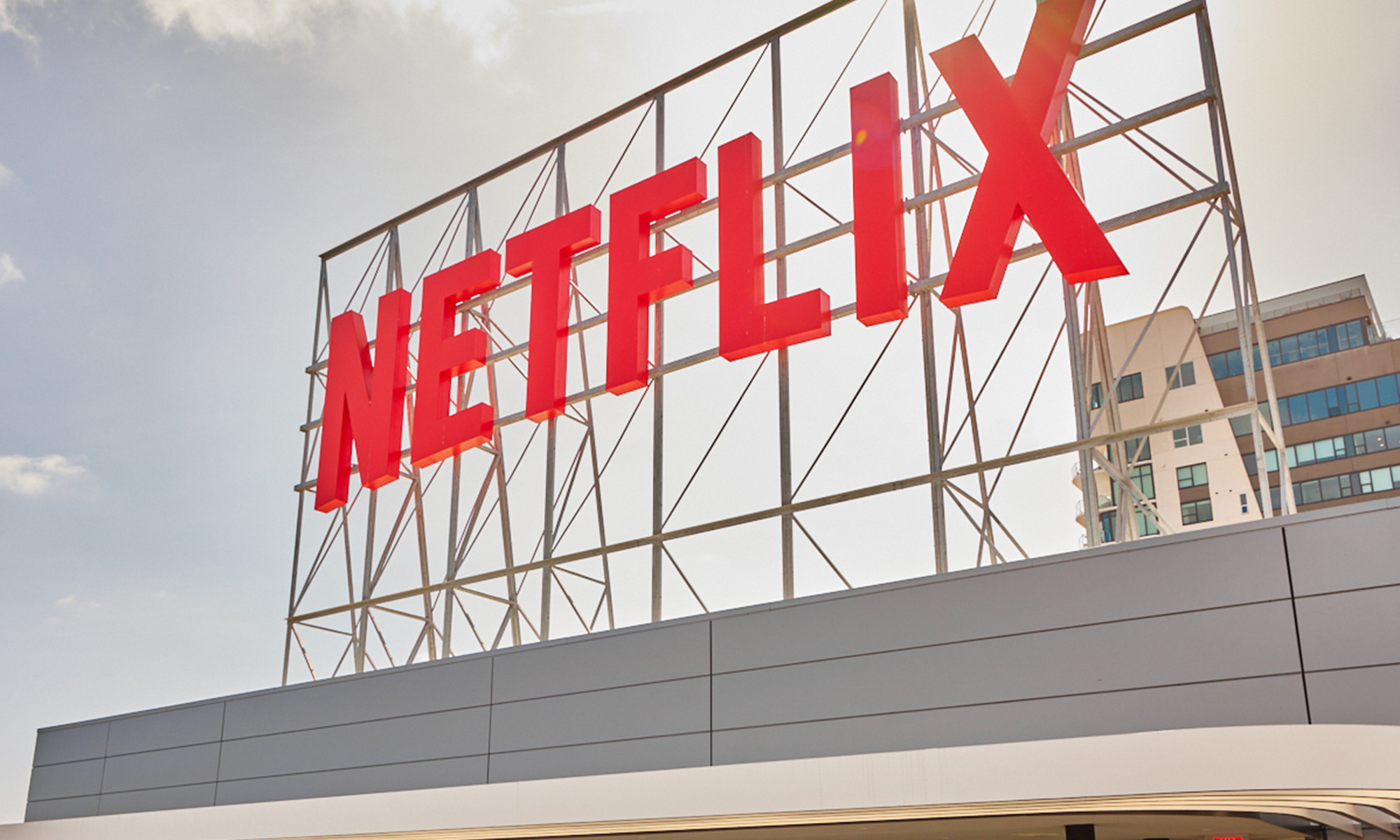Another earnings season is upon us. As usual, Netflix (NFLX +0.15%) is one of the first companies out of the gate. The streaming-video pioneer will report results for the first quarter of fiscal 2019 on Tuesday evening.
The analyst consensus calls for earnings of roughly $0.57 per share on revenue in the neighborhood of $4.5 billion, slightly ahead of management's guidance for the quarter. Netflix should have approximately 148.2 million paid memberships, representing growth of 25% year over year and an increase of 8.9 million from the previous quarter.
These targets will play an important part in this report, but numbers rarely tell the whole story. Here are two important questions that Netflix should cover in this first-quarter report and the accompanying earnings call.

Image source: Getty Images.
1. Cash flow
Three months ago, Netflix said that free cash flow for fiscal 2019 should be similar to the negative $3 billion seen last year. Looking further ahead, the cash burn should shrink in the coming years and eventually turn into positive cash creation. Updates to these targets would be welcome, and we don't have a firm date for the return to positive cash flow. The company is funding its original content creation through new debt until that day comes, so the long-term health of Netflix's balance sheet depends on this metric.
2. Disney
Longtime content partner Walt Disney (DIS +1.11%) is launching its own streaming platform later this year, and the House of Mouse recently unveiled its actual plans for that service. Now we know that the Disney+ service will launch on Nov. 12 with a monthly subscription fee of $6.99 (or $69.99 for a full-year plan). The monthly price tag looks peculiarly modest next to Netflix's recent price increases, which put the most popular plan at $12.99 per month.
Netflix CEO Reed Hastings is likely to remind investors that the company actually competes against every conceivable form of entertainment, including bottles of wine shared with your significant other. Even so, the company is about to lose a lot of exclusive Disney content and gain a low-priced rival. Analysts and investors alike will want to know how Netflix plans to deal with these challenges, now that the Disney threat has graduated from a threat in the shadows to a known challenger. "Business as usual" won't quite cut the mustard.







